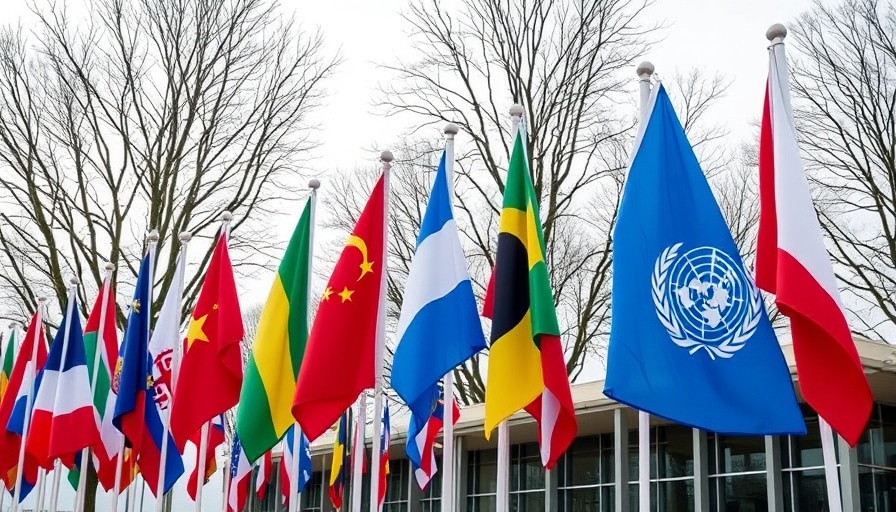
The Implications of a U.S. Exit from the WHO
The recent shift in U.S. policy towards the World Health Organization (WHO) raises significant questions about global health governance and the future of international cooperation. President Trump’s issuance of three executive orders on his first day in office included a directive to withdraw America from the WHO, an action that some health experts depict as a dangerous move that undermines global health leadership.
Global Health Governance in Jeopardy
The WHO, comprising 194 member nations, relies on collective input to formulate health strategies, share vital data, and coordinate responses during health crises. An absence of U.S. representation may allow nations like China to step into a leadership void, potentially reshaping the dynamics of global health priorities in favor of their interests, which some analysts claim could be counterproductive to U.S. policy goals.
What’s at Stake for Global Health?
As one of the largest funders of global health, the U.S. plays an essential role in combatting disease outbreaks and facilitating healthcare access in lower-income nations. A significant withdrawal from the WHO not only threatens the availability of lifesaving resources but also poses heightened risks to public health on a global scale, which could eventually rebound to affect American citizens.
A Call for Enhanced Cooperation
The complexities of contemporary health challenges, particularly illustrated during the COVID-19 pandemic, underscore the necessity for robust global cooperation. Health experts assert that the U.S. cannot isolate itself from transnational health threats. Policies like travel bans might provide a false sense of security but fail to address the larger systemic issues important for national health safety.
Looking Ahead: Future Projections for Global Health Initiatives
As the political climate evolves, so too do the strategies for global health engagement. Future U.S. administrations, regardless of party, must recognize the value of global health governance and actively participate in organizations like the WHO to influence international health policy positively. The potential impacts of a U.S. withdrawal could lead to not only a shortfall in funding for essential public health programs worldwide but also a broader decline in global health standards.
 Add Row
Add Row  Add
Add 




 Add Row
Add Row  Add
Add 



Write A Comment